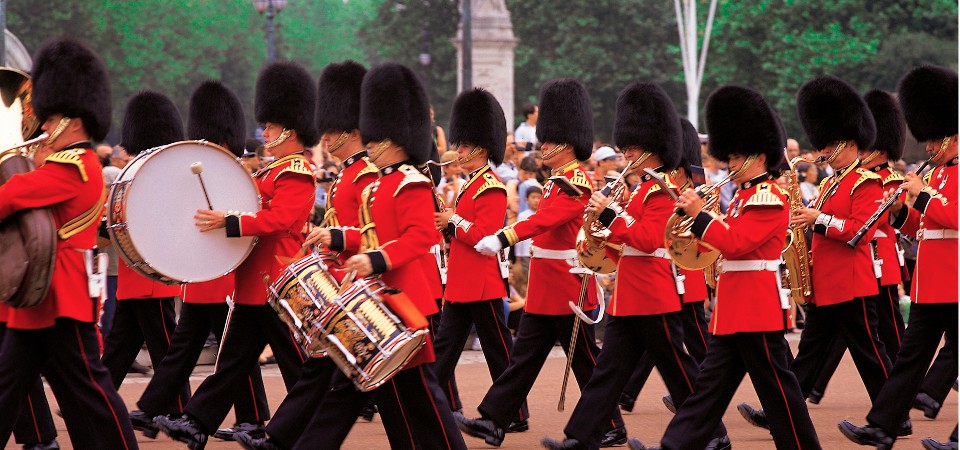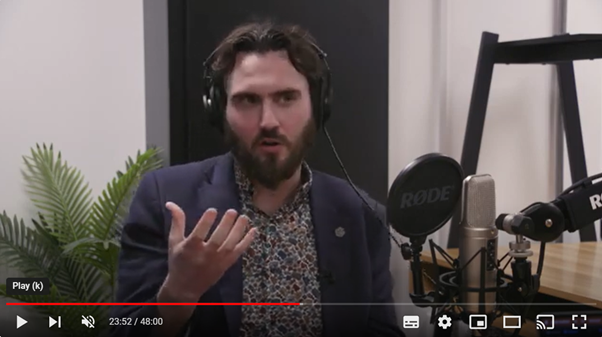The Ukrainian and Russian militaries are no exception. These ‘military’ animals are only a tiny subset of the animals directly impacted in war.
In Ukraine, stories have emerged of civilians rescuing pets who have been abandoned; others fled with humans after the initial invasion.
Meanwhile, zookeepers face difficult choices of how to best care for captive animals; evacuation isn’t always an option.
There have also been reports of the Russian military using animals, such as cows, as target practice. And barns filled with animals being set ablaze.
What – if any – protection is there for these creatures?
Dr Josh Milburn is a philosopher at Loughborough University and is grappling with this question and others like it.
In the latest episode of Besieged: A podcast about Putin’s invasion of Ukraine, Dr Milburn explains the ethics of using animals in war:
- What roles do animals play in the military?
- What legal rights do they have?
- Which other animals are impacted by war?
- Should harm to animals impact our decision of when to go to war?
- When is it okay to shoot at dogs on the battlefield?
The episode, Dogs of War – the ethics of using animals in conflicts, centres around Dr Milburn’s research, which aims to marry ‘just war theory’ and animal welfare.
Image: Dr Josh Milburn
Just war theory is a doctrine of military ethics that aims to ensure that war is morally justifiable. It asks questions about when states may permissibly wage war, how combatants may permissibly behave in war, and the obligations of all parties after hostilities have ended.
However, scholarship on just war theory contains very few references to the treatment of animals – military, domesticated, or wild – who get caught up in violent conflicts.
Describing his work, Dr Milburn said: “It's about taking existing ideas, concepts, debates and notions in moral legal and political thought. And asking, ‘What happens if we start to think about them in conjunction with animals?’.
“So, we can say – when it comes to the ethics of war – where do animals fit into the established traditions of the ethics of war?”
He added: “I don't want to be misunderstood as downplaying the suffering of humans here.
“What I don't want to say is that animals are the ‘real’ victims of war or animals are the primary victims of war.
“Humans, both civilians and combatants [including military personnel], both innocents and guilty parties, suffer horribly in war.
“War is horrible. It's awful, it's truly terrible. It's one of the worst things we do to each other.
“And animals are also the victims of this. So, a lot of what I'm doing is saying: ‘war's even worse than we thought’.”
The conversation looks at the relationship between what the rule of law says about animal rights and the philosophical arguments for animal rights.
“I do think that philosophical thinking has the power to be a bit more open-ended,” said Dr Milburn. “A little bit less tied to what’s going on out there in the world.
“But it’s pointing the sort of direction that the law might go in the next 50 or 100 years.”
The episode also explores the way animals are connected with the military on a wider scale.
Dr Milburn said: “I'm also interested in some of the practical things militaries can do to help animals and stop harming animals.”
What might this look like? Sometimes, it’s quite simple: “It's just to change the kinds of things they're eating and the kinds of things they're wearing.
“If you want to talk about the number of animals killed, we can talk about bomb blasts and animal soldiers and animal testing for training – but let's talk about what soldiers are eating, what they're wearing – what their coats and hats are made of.”
Dr Milburn highlighted the King’s Guard, in London (pictured below), who currently wear bearskin hats, made from brown bear pelts sourced from Canada.

Image: Getty
“Consistently the response is that there is no good substitute for bear,” said Dr Milburn.
“But one answer could be, ‘just stop wearing those giant hats. Wear something different’.
“If you want a giant hat like that then maybe it is the case that bear is the best thing, but do we really need them?”
The Besieged podcast recently interviewed Loughborough alumna Maddy MacKenzie – now working with the Ukrainian humanitarian aid agency, Stay Safe UA.
In it, the team describes the work they do with their rescue dog, Libby. To listen to the episode click on this link.
 Image: Getty
Image: Getty
Ethics of using animals in conflicts / E8 - Besieged: A podcast about Putin’s invasion of Ukraine
YouTube link: https://youtu.be/p6jqr7MP3YM
Embed episode: <iframe width="560" height="315" src=https://www.youtube.com/embed/p6jqr7MP3YM?si=4Ee9fdbWhwja7X5E title="YouTube video player" frameborder="0" allow="accelerometer; autoplay; clipboard-write; encrypted-media; gyroscope; picture-in-picture; web-share" referrerpolicy="strict-origin-when-cross-origin" allowfullscreen></iframe>
Embed series: <iframe width="560" height="315" src=https://www.youtube.com/embed/videoseries?si=aObTbD6l4szTbiEe&list=PLxZznBvU4YC_b3wtyH9Lch0493zK0-nRe title="YouTube video player" frameborder="0" allow="accelerometer; autoplay; clipboard-write; encrypted-media; gyroscope; picture-in-picture; web-share" referrerpolicy="strict-origin-when-cross-origin" allowfullscreen></iframe>
Audio episodes:
Buzzsprout: https://www.buzzsprout.com/1964659/15166863
Apple Podcasts: https://podcasts.apple.com/gb/podcast/e8-ethics-of-using-animals-in-conflicts/id1616624070?i=1000657398349
Spotify: https://open.spotify.com/episode/3O7JwE1SIsP00cRMtSvmqJ
Subscribe:
Apple Podcasts: https://podcasts.apple.com/gb/podcast/besieged-a-podcast-about-putins-invasion-of-ukraine/id1616624070
Spotify: https://open.spotify.com/show/0sjZyr8S4SagrUuaNlBaGN
More about Dr Josh Milburn:
Twitter: @JoshLMilburn; Instagram: @aveganphilosopher
Knowing Animals podcast: https://knowinganimals.com/
Recent publications:
- Milburn, Josh, and Sara Van Goozen. 2023. Animals and the ethics of war: A call for an inclusive just-war theory. International Relations 37 (3): 423-48.
- Milburn, Josh. 2023. Food, Justice, and Animals: Feeding the World Respectfully. Oxford: Oxford University Press.
- Milburn, Josh. 2022. Just Fodder: The Ethics of Feeding Animals. Montreal and Kingston: McGill-Queen's University Press.
ENDS

